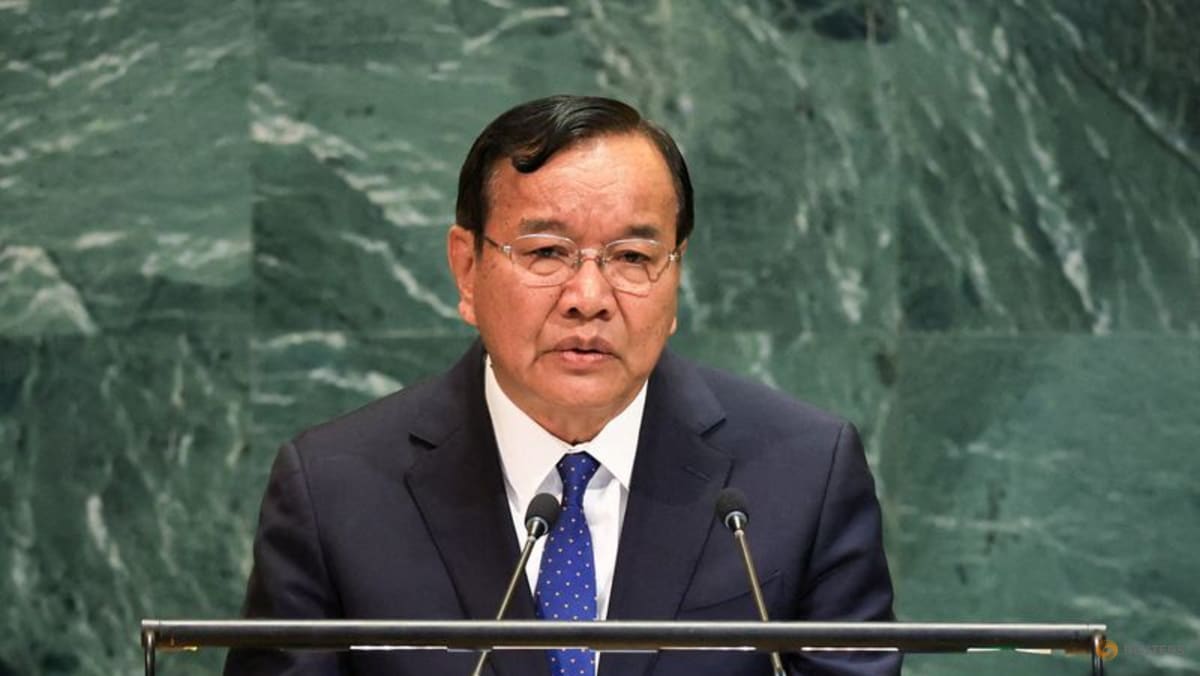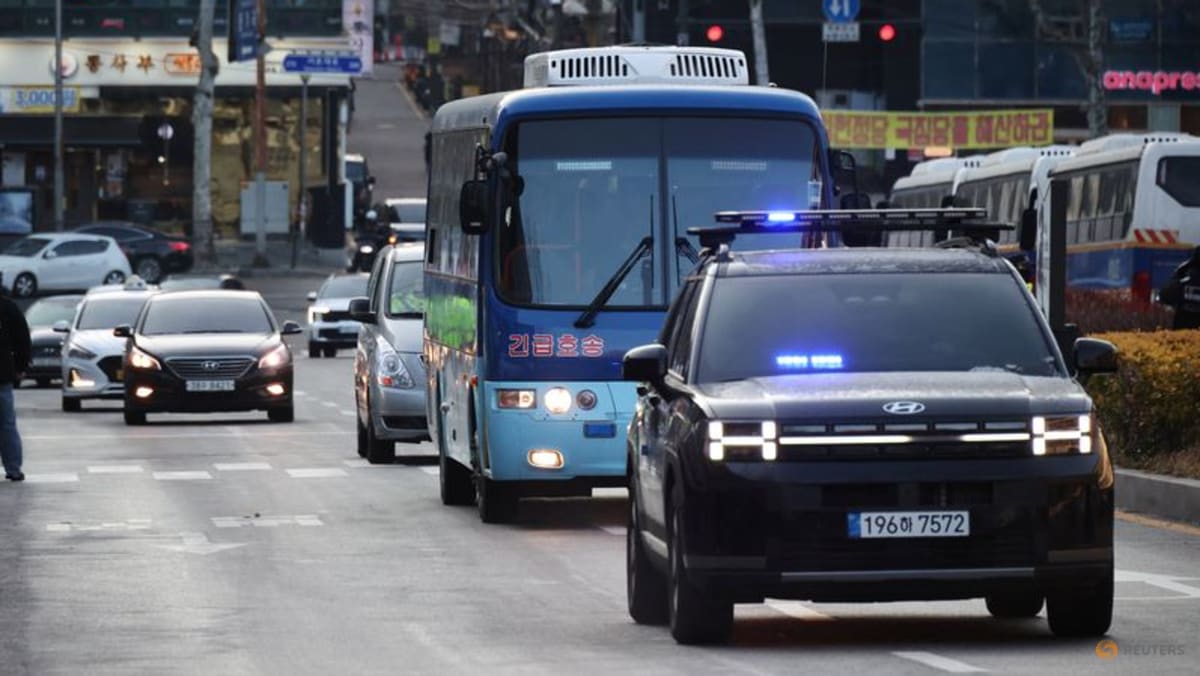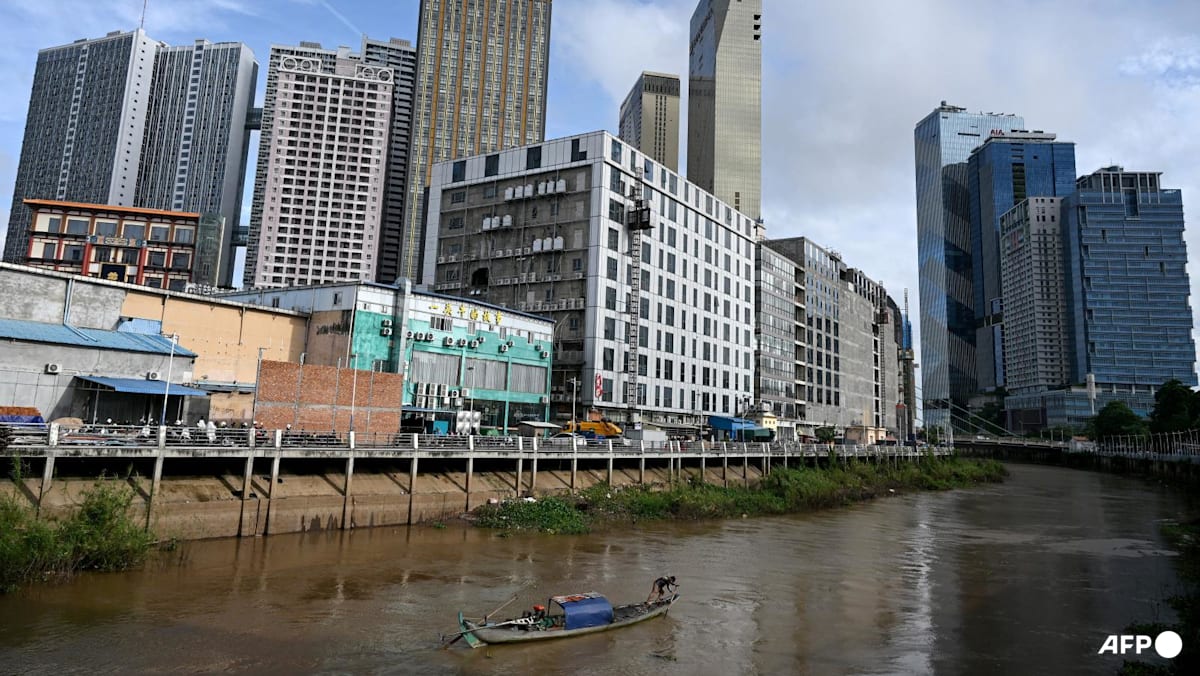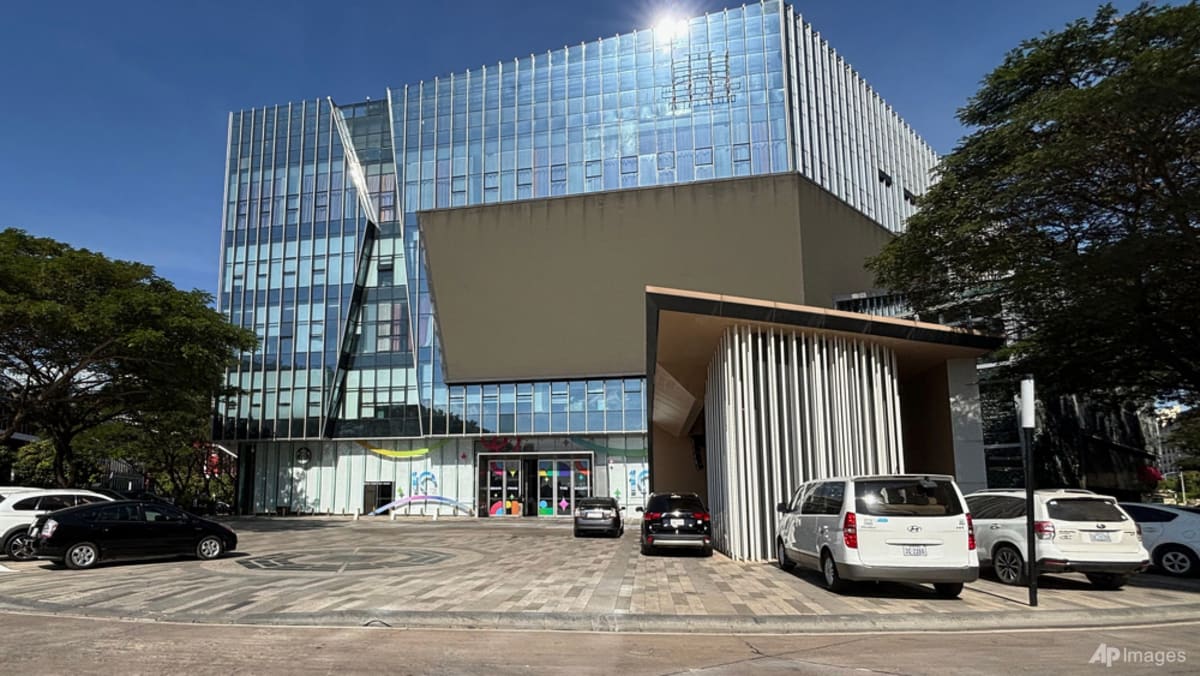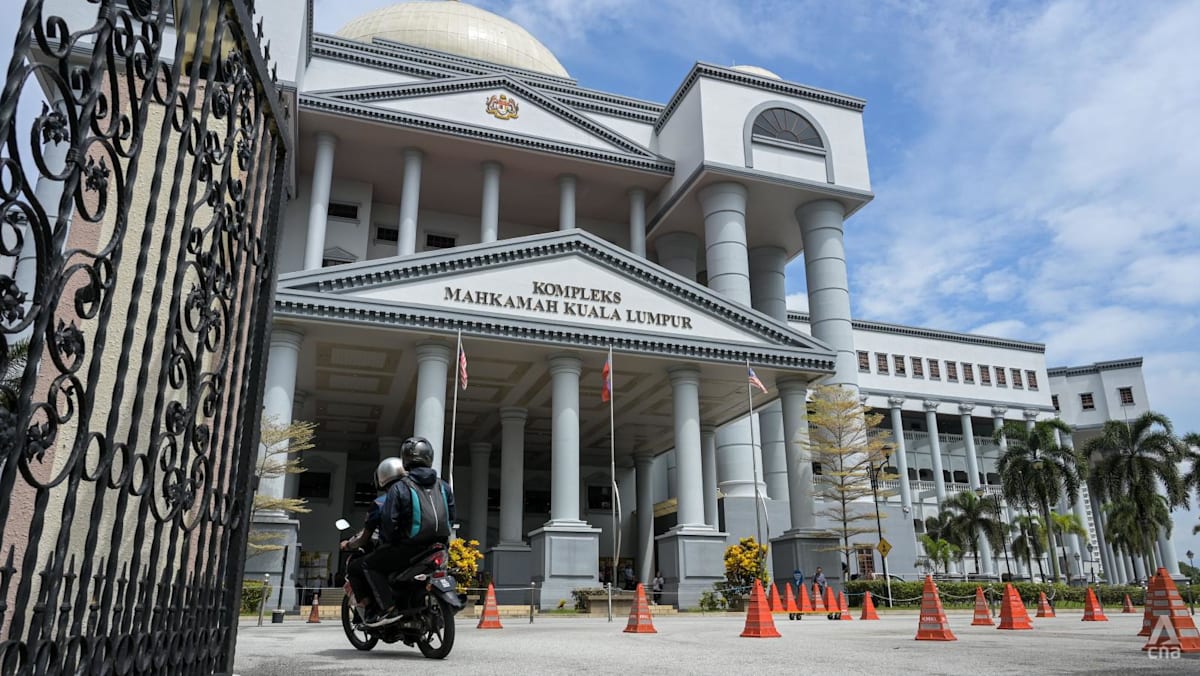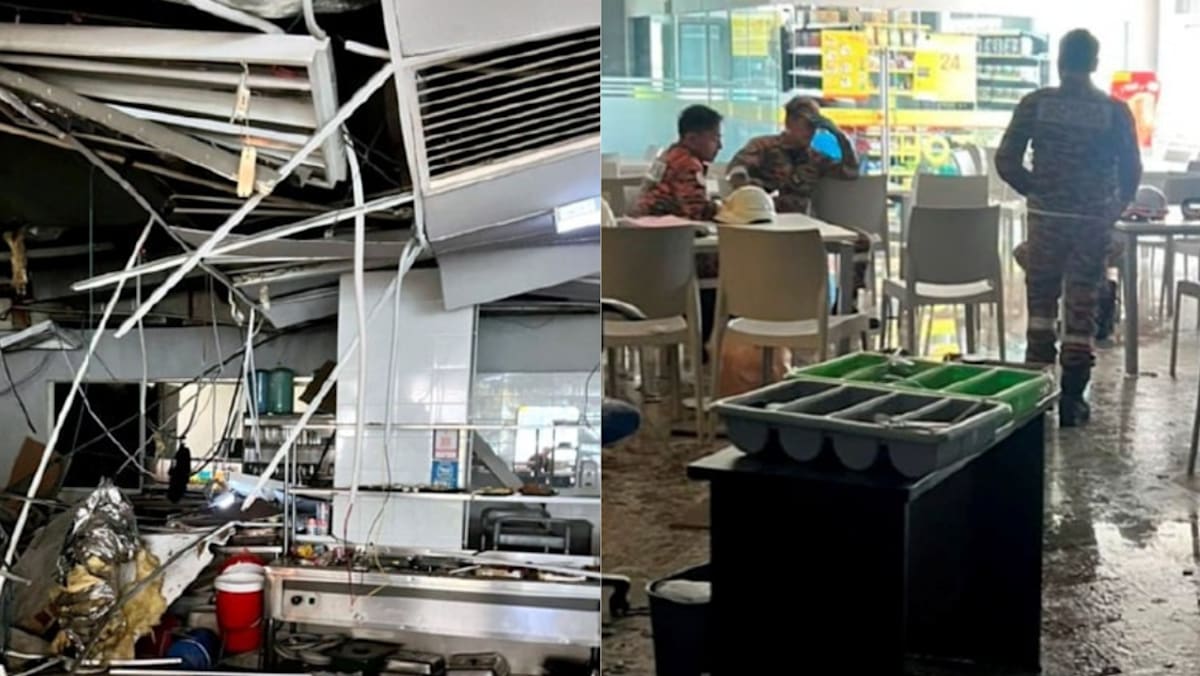Travellers to Malaysia mulling fewer hotel stays amid projected 30% hike in room rates
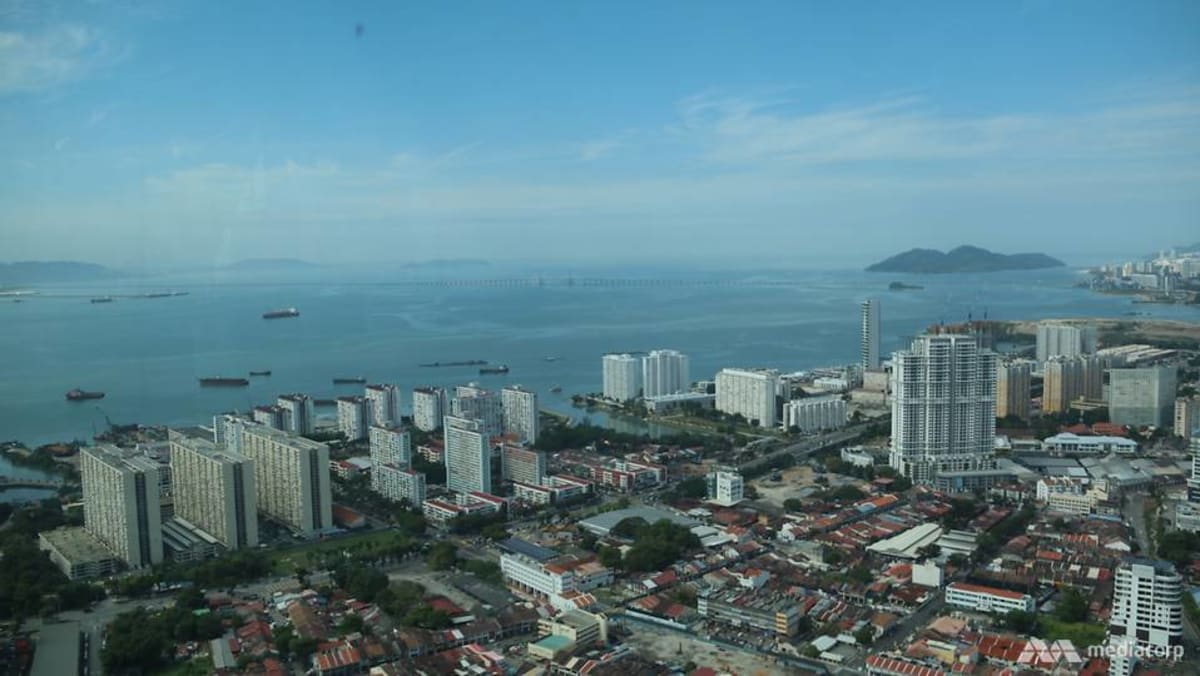
SINGAPORE: Amid a forecasted hike in the prices of hotel rooms in Malaysia next year, some travellers say that they may opt for alternative accommodations or arrangements though experts believe that the spike in prices is unlikely to have a major impact on international tourism.
In a report last Friday (Nov 3), Malaysian Association of Hotels (MAH) president Christina Toh said that hoteliers in the country may raise the prices of rooms by 30 per cent, owing to an increase in the Sales and Services Tax (SST) next year.
Singaporeans whom CNA spoke to said that the move to raise the prices of hotel rooms may push them to consider other options when visiting the country, such as using the online marketplace Airbnb. Others said that they may choose a different country in the region for their vacation.
Ms Hanisah Halid, 26, who stays in hotels at least twice a year during her visits to Johor Bahru in Malaysia, noted the appeal of cheaper hotel prices there as compared to Singapore.
“(I stay at the hotels) in Johor Bahru because of the low price. If the rates increase, I can just go on a day trip instead of staying over,” said the receptionist, adding that she typically stays in hotel rooms priced at less than S$150 (US$111) per day.
A search by CNA found that higher-end hotels in Johor Bahru can cost anywhere between S$90 to S$157 for a standard room for two, while similar hotels in Singapore can cost between S$300 to S$800 a night.
While she may halt her extended vacations to other parts of Malaysia, Ms Hanisah said that she will continue travelling to Johor Bahru for her monthly grocery shopping due to the favourable exchange rate.
“Personally, I think there is quite a fair share of difference (in the price of groceries),” said Ms Hanisah.
Similarly, Ms Adriana, a 25-year-old preschool teacher, said that she will continue her trips to Malaysia as most of her travel there has consisted of day trips to Johor Bahru.
But for longer vacations, Ms Adriana said that she may opt to stay at an Airbnb in Malaysia or travel to a different country instead.
“I feel like it depends on the itinerary and financial capability at that point in time … (I may choose to travel to) Thailand as it seems fun and has a similar affordability to Malaysia,” she told CNA.
Meanwhile, a Malaysian domestic traveller whom CNA spoke to said that he may choose to split the cost of a hotel room by going on vacation in a group instead of travelling solo.
“If the increase in price is too drastic, I guess I won’t be travelling solo. With more people, you will be able to lower your travel budget,” said Mr Farizul Ikhmal, who works as a content safety labeller for a social media company.
The 30-year-old, who travels to three Malaysian states a year for leisure purposes, said that he usually stays in hotels which cost less than RM200 (US$83) but is willing to splurge, depending on the uniqueness of the hotel room.
He added that if hotel room prices in Malaysia do indeed see an increase, he may choose to travel abroad – especially to neighbouring countries like Indonesia, Thailand or Vietnam – where he will be able to stay within his budget.
Meanwhile, housewife Ms Farida Beram, 64, remains undeterred by the potential increase in hotel room prices.
“Our (Singapore) currency is very stable and I think I can still afford to stay in Malaysia and enjoy my vacation there,” she said.
“Malaysia is the place to be. They have a lot of places we haven’t discovered yet … and their food, culture and people (align more with) my preferences.”
Ms Farida said that she usually visits Johor Bahru twice a month. “Due to the jam and all the hassle at CIQ (Customs, Immigration and Quarantine Complex), I prefer to stay overnight at a hotel (before heading back to Singapore),” she said.
She added that she will continue staying at the hotels in Malaysia as opposed to an Airbnb due to their convenience and good quality beds as her husband, whom she often travels with, has had lumbar surgery.
Source: CNA




